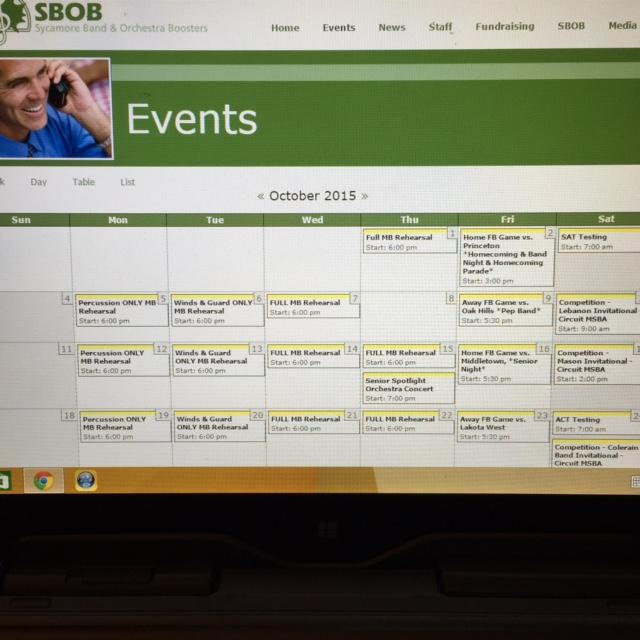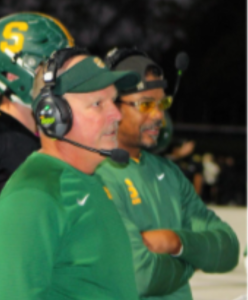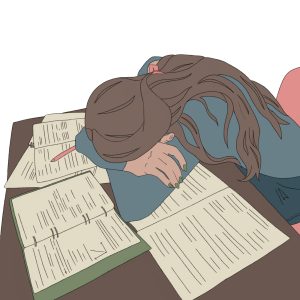Darkness brings struggles for the color guard
The marching band and color guard must work together, despite the lack of light. As days begin to get shorter the team will be provided with new challenges, but it will help prepare them for competition. The parking lot field has lights, but the grass fields do not.
October 7, 2015
As the days get shorter and shorter, the marching band and color guard are forced to make do with the situation and perform in the dark.
The color guard uses the grass fields when practicing alone and thus the light from the tall poles ceases to reach all across, making it hard to read drill sheets and set cards.
Freshman Kathleen Leonard said,“Bring headlights to color guard, because it is always too dark at practice”.
The group must work together to make do with the situation, often lending a hand with a cell phone light or stopping during practice to figure things out with the overall page for each set.
Freshman Blessed-Kiara Collins said,” I am going to fall on my face because I can’t’ see where the ground is”.
Learning drill is quite a process, first learning each set, then putting choreography with it. The darkness certainly makes it more difficult, but prepares them for the competitions that occur in the night.
Senior Dahlia Rapoport said, “It is exhilarating because we get to challenge ourselves with a new conflict, but I prefer light”.
Most competitions are hosted all day, and performances can occur past 8pm, the sun has gone down, but the band plays on.
The group will continue to practice in the dark on Mon. -their solo day- but on Tues. and Wed. they will perform with the band under the lights of the parking lot field.







